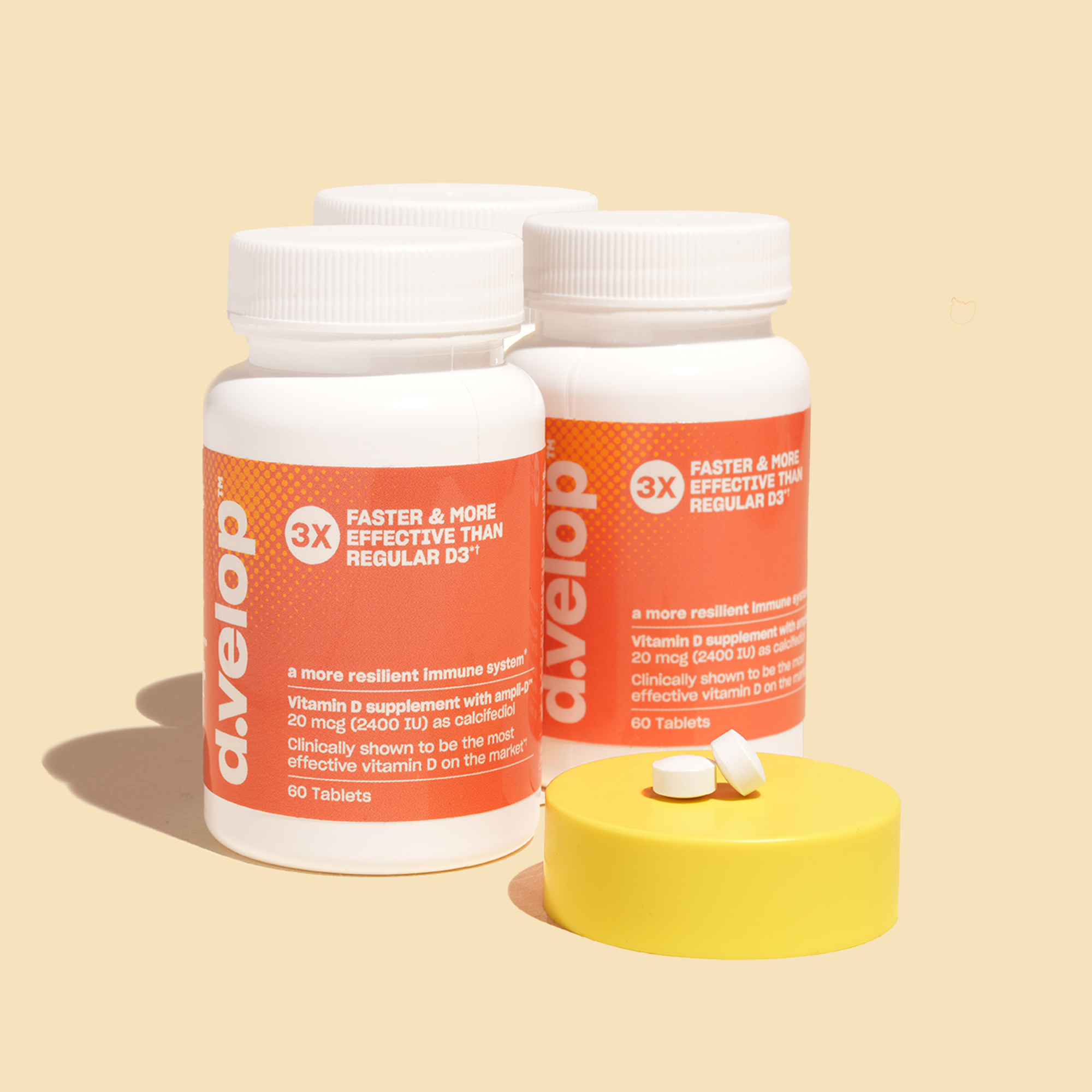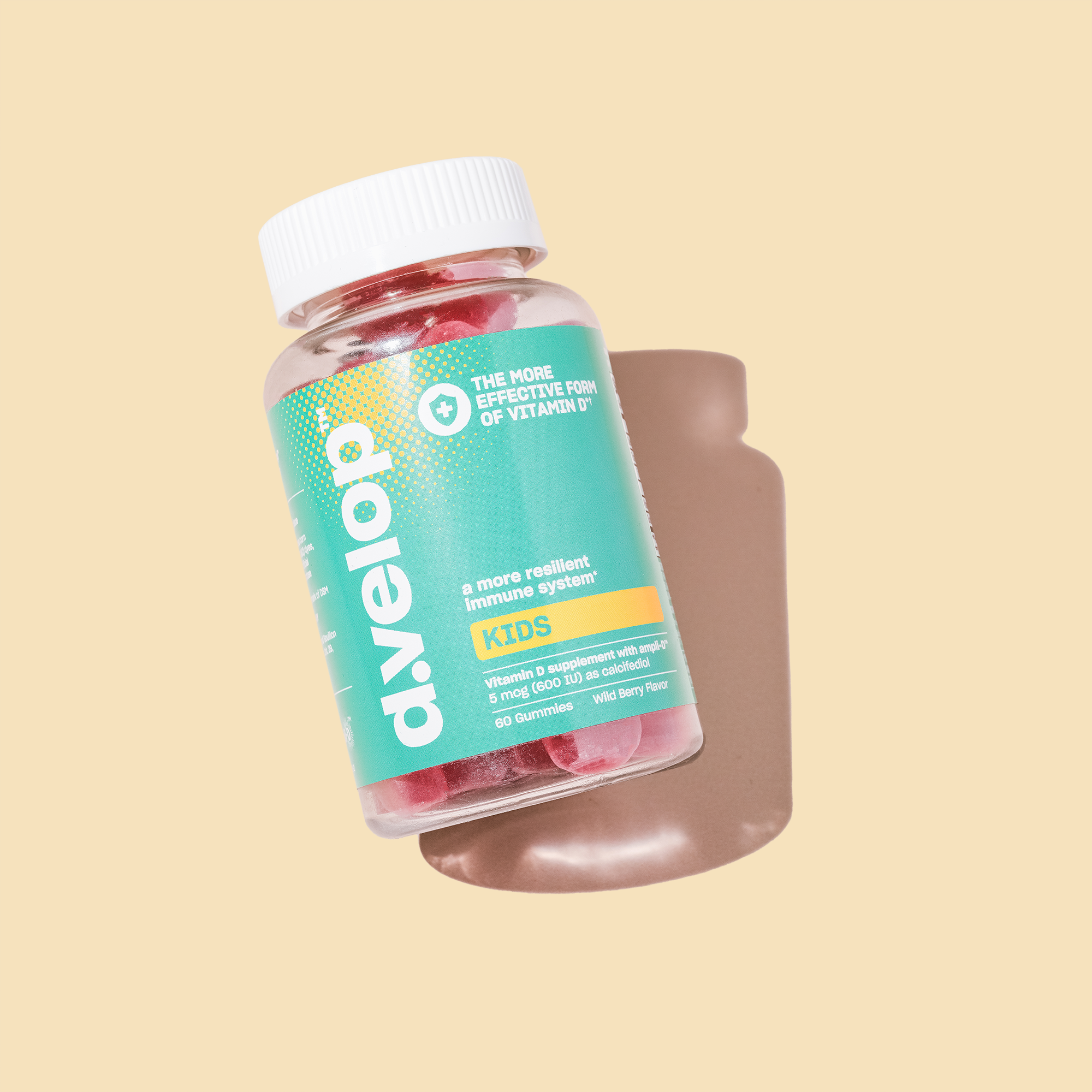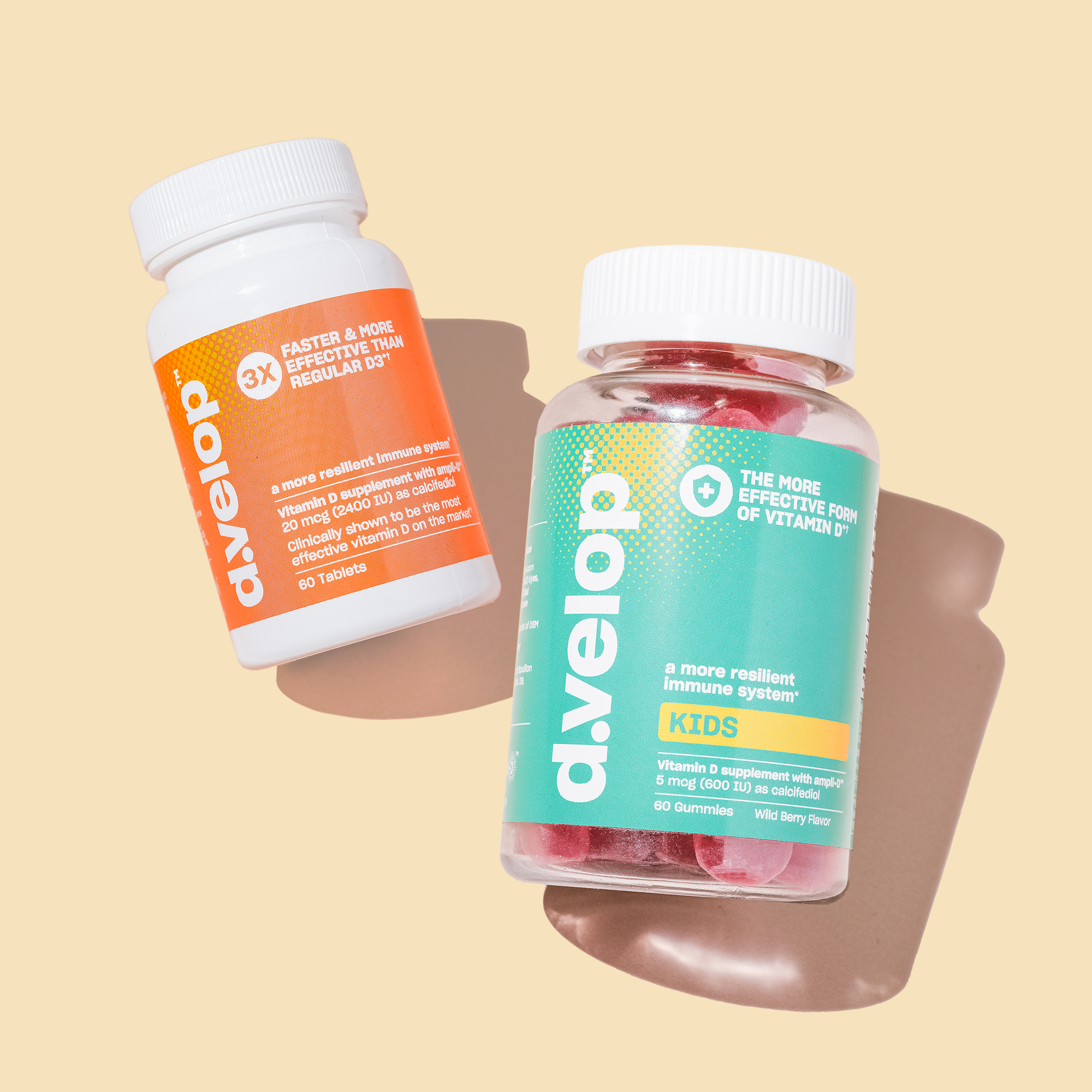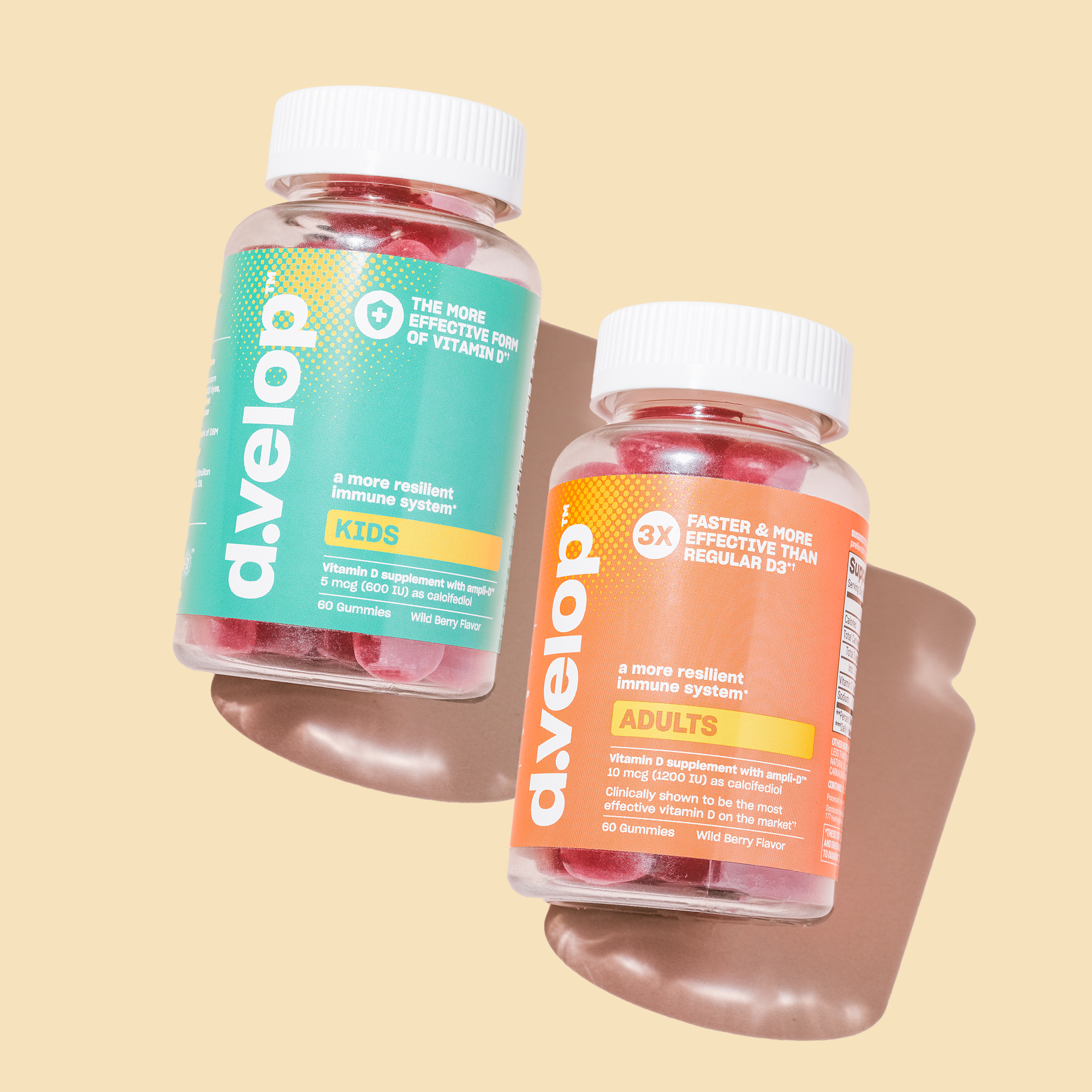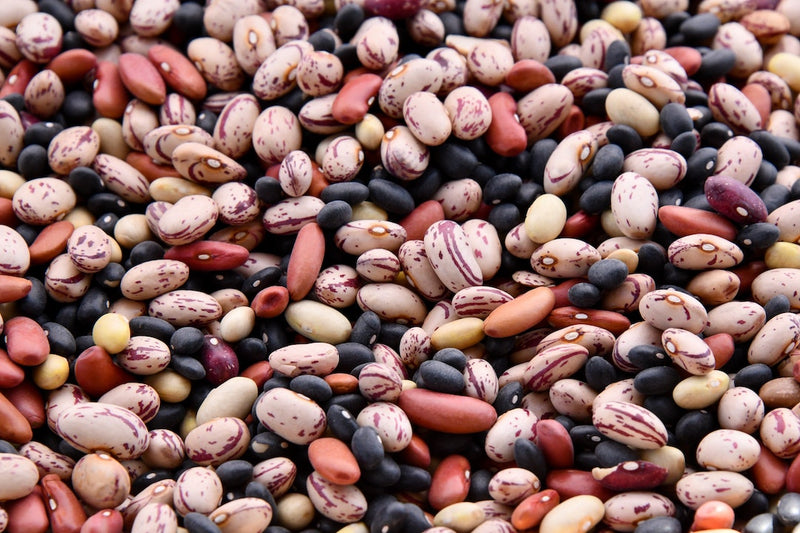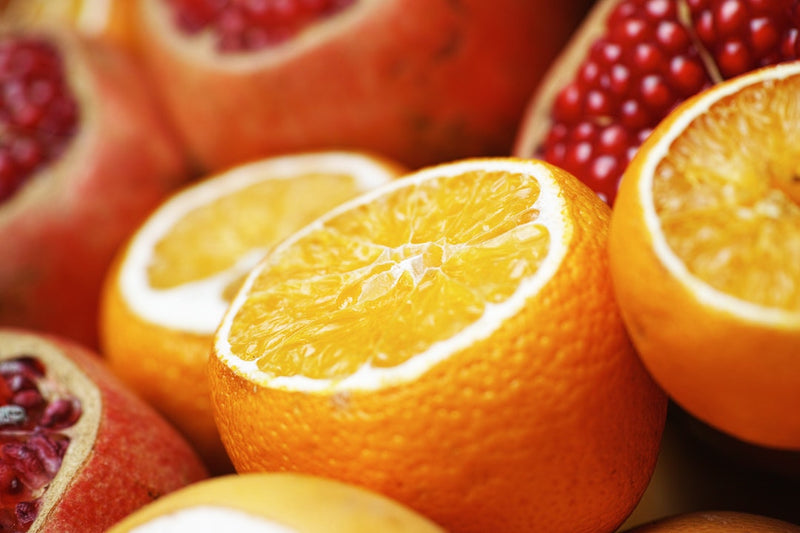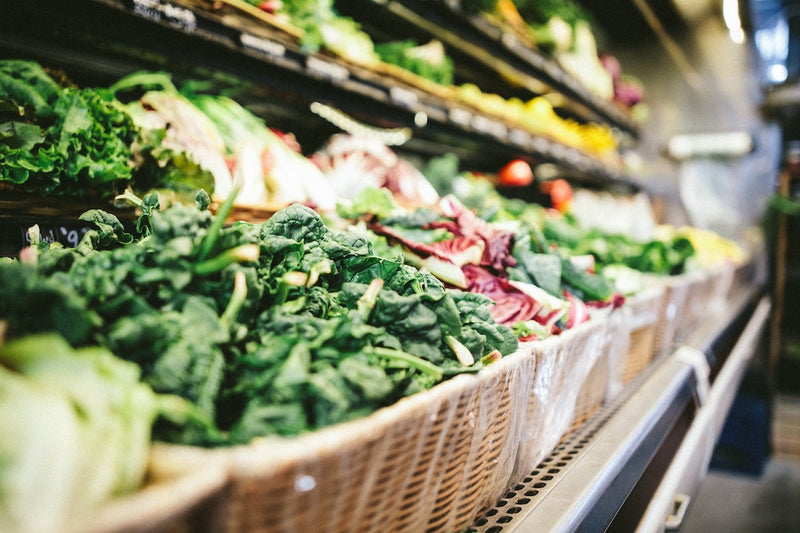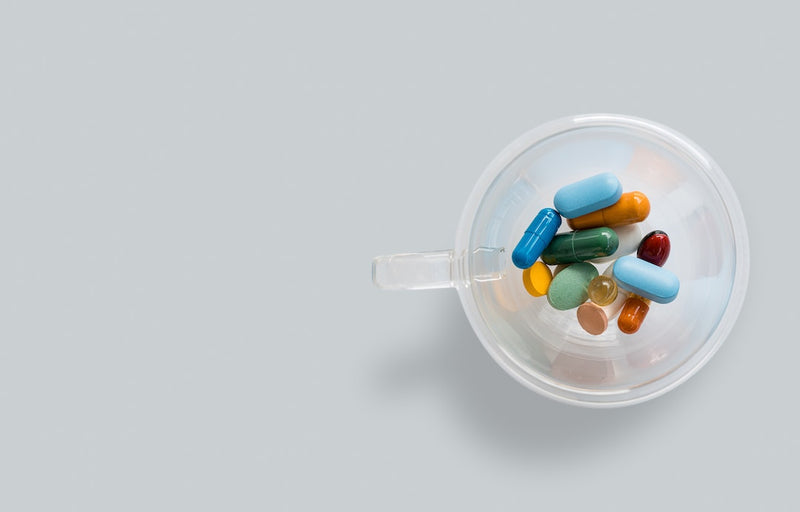What is the buzz about seasonal foods?
Seasonal foods are fruits and vegetables purchased and consumed around the time they are harvested. Growing seasonally reduces the need for modifications on crops to meet the high demands of out-of-season produce without using additives. It also allows the environment to cycle through its natural resources and seasons.
These foods can be fresher, tastier, more economical, sustainable, and nutritious than food eaten out of season.
What does eating seasonally have to do with immune health?
The immune system is a complex network of tissues, cells, organs, and substances that protects the body against disease and infection. How can you eat seasonal food to support your immune health?
Foods in season are grown in conditions and the time of year where they thrive naturally. Vitamin and mineral content can decrease naturally after harvesting, so buying locally grown foods reduces the time between harvest and ending up on your plate.
What are some seasonal spring foods that support immune health?
Wondering what’s in season for spring? Here are some of the top picks!
Apricots
Apricots are a great springtime fruit rich in essential vitamins and minerals. They are a stone fruit, simply meaning they have a stone in the center, so be careful when you bite into a fresh apricot and eat around the stone.
These fruits contain high amounts of antioxidants called flavonoids. Flavonoids work together to offset free radicals that cause oxidative stress in the body. Oxidative stress can lead to many chronic diseases.
Apricots also contain a type of fiber known as soluble fiber. It is water-soluble and forms a gel that provides beneficial support during digestion. Some of the known benefits of soluble fiber include lowering the type of cholesterol harmful to heart health and promoting healthy bacteria in your gut.
Asparagus
Asparagus is one of the vegetables that can be harvested in the early spring and is rich in antioxidants. Antioxidants help strengthen your immune system by protecting cells from the harmful effects of free radicals.
You might think of green when you think of asparagus, but there are also white and purple varieties with their own flavor characteristics. Purple asparagus tends to be highest in a powerful antioxidant known as anthocyanin, which is also responsible for the purple, red, and blue color in fruits and vegetables. Another antioxidant abundant in asparagus is Vitamin E. To help your body absorb vitamin E, add a little fat before roasting or baking, such as heart-healthy olive oil.
Avocado
Did you know avocados are considered a fruit, specifically a berry? Avocados contain substances with antimicrobial properties to help fight against certain infections and the antioxidants Vitamin A, C, and E, which all help strengthen the immune system. A bonus of this fruit is that it contains high amounts of omega-3 fatty acids, a heart-healthy fat.
Guacamole is one great way to enjoy avocado, or you can also add slices to your next sandwich. Feeling adventurous? You can try avocado pudding, a mix of mashed avocado, banana, cocoa powder, and your favorite sweetener. Check out the “Healthy Chocolate Pudding” recipe in the d.velop™ app for the full recipe.
Beets
Beets, also known as beetroot, come in a variety of colors. The leaves and roots of beets contain anti-inflammatory vitamins and minerals that protect against cell damage. This vegetable is one of the few that includes betalains, an antioxidant that gives beets their vibrant color. Betalains provide antioxidant and detoxification support to help strengthen the immune system.
Beets also are rich in nitric oxide, a molecule that supports your immune system by assisting cells to respond to stress quickly. In addition, it assists in blood vessel restriction and dilation, leading to improvements in blood pressure.
Onion
Onions are another vegetable found bursting through the ground in the springtime. A member of the lily family, they provide a flavorful cooking staple. Considered a nutrient-dense vegetable because they are low in calories and high in vitamin and minerals, onions are particularly high in vitamin C. Vitamin C is a potent antioxidant that helps encourage white blood cell production, which helps protect the body from infection. They also contain selenium which can help reduce inflammation and stimulate immune function.
As winter turns into spring, these are just a few of the many fruits and vegetables that can help improve immune health. Looking to take this into action? Check out seasonalfoodguide.org to learn about local, in-season produce in your area. Once you find out what’s in season, you can search for recipes with these in the d.velop™ App! Tap the  icon and at the bottom select “See all recommended recipes” to browse a library of immunity-supporting recipes.
icon and at the bottom select “See all recommended recipes” to browse a library of immunity-supporting recipes.
Author:
Erin McNamara RDN LDN CLT
Nichole Reed, RDN LDN
References
- JI; M. Seasonality and dietary requirements: Will eating seasonal food contribute to health and environmental sustainability? The Proceedings of the Nutrition Society. https://pubmed.ncbi.nlm.nih.gov/25027288/. Accessed April 1, 2022.
- Stelmach-Mardas M, Kleiser C, Uzhova I, et al. Seasonality of food groups and total energy intake: A systematic review and meta-analysis. Nature News. https://www.nature.com/articles/ejcn2015224. Published January 13, 2016. Accessed April 1, 2022.
- Office of dietary supplements - vitamin E. NIH Office of Dietary Supplements. https://ods.od.nih.gov/factsheets/VitaminE-HealthProfessional/. Accessed April 1, 2022
- Chang SK, Alasalvar C, Shahidi F. Review of dried fruits: Phytochemicals, antioxidant efficacies, and health benefits. Journal of Functional Foods. https://www.sciencedirect.com/science/article/abs/pii/S1756464615005812. Published December 17, 2015. Accessed April 1, 2022.
- Kulczyński B;Kobus-Cisowska J;Kmiecik D;Gramza-Michałowska A;Golczak D;Korczak J; Antiradical capacity and polyphenol composition of Asparagus Spears varieties cultivated under different sunlight conditions. Acta scientiarum polonorum. Technologia alimentaria. https://pubmed.ncbi.nlm.nih.gov/28071026/. Accessed April 1, 2022.
- Clifford T, Howatson G, West DJ, Stevenson EJ. The potential benefits of red beetroot supplementation in Health and Disease. Nutrients. https://www.ncbi.nlm.nih.gov/pmc/articles/PMC4425174/. Published April 14, 2015. Accessed April 1, 2022.
- Bogdan C. Nitric oxide and the immune response. Nat Immunol. 2001;2(10):907-916. doi:10.1038/ni1001-907
- Kapil V, Khambata RS, Robertson A, Caulfield MJ, Ahluwalia A. Dietary nitrate provides sustained blood pressure lowering in hypertensive patients: a randomized, phase 2, double-blind, placebo-controlled study. Hypertension. 2015;65(2):320-327. doi:10.1161/HYPERTENSIONAHA.114.04675
- S; CACM. Vitamin C and immune function. Nutrients. https://pubmed.ncbi.nlm.nih.gov/29099763/. Accessed April 1, 2022.
- Li P, Yin Y-L, Li D, Kim SW, Wu G. Amino acids and immune function: British Journal of Nutrition. Cambridge Core. https://www.cambridge.org/core/journals/british-journal-of-nutrition/article/amino-acids-and-immune-function/B1A9C1587A8602613F6447BA8404D8E1. Published August 1, 2007. Accessed April 1, 2022.
